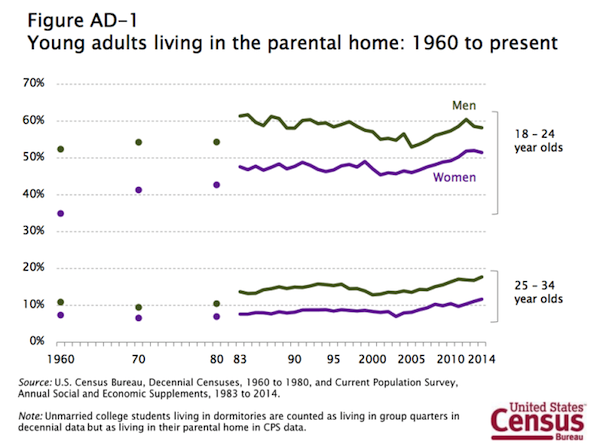are all pixar movies primarily about career success?
An interesting thought on the through-line that ties together all the great Pixar films of the last couple decades, from The Awl:
The basic Pixar story is that of an individual seeking to establish, refine, or preserve their function as an instrument within a system of labor. The only way Pixar is able to conceptualize a protagonist is to assign them a job (or a conspicuous lack of one) and arrange the mechanisms of plot to ensure that they fulfill that job. This is why Joy can only accept Sadness once she comes to understand what it is she does.
Pixar’s debut film organized a scenario involving sentient toys as a narrative about two men fighting for the same job. In not one but two sequels, it revisited those same characters in a narrative about how bad retirement is, and how awful it is to be made redundant. In Monsters, Inc., it developed a parallel universe populated by monsters and powered by childrens’ screams to tell a story about a workplace duo striving to be the most efficient employees. Up is ultimately a film about how unthinkable it is to retire; even elderly widowers must find a new vocation. In film after film, Pixar presents narratives chiefly concerned with characters trying to be the best at what they do, or otherwise prove their usefulness.
Does this change how you think of your favorite Pixar films?
Is there another, better unifying theme to the Pixar catalogue?




